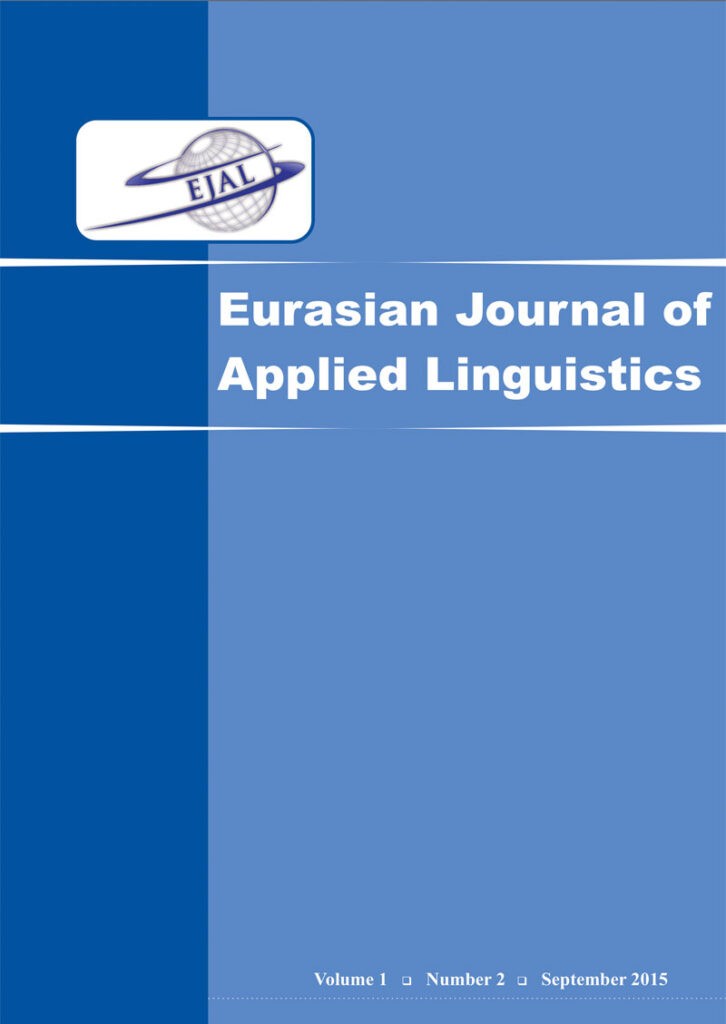Keywords: psychological capital, positive psychology, L2 WTC, L2 motivational self system, language achievement
Abstract
By shifting the focus of studies in applied linguistics from negative psychology to positive psychology, psychological capital (PsyCap) consisting of self-efficacy, hope, optimism, and resilience can be an influential factor in the language classrooms. Prior studies have emphasized the role that PsyCap plays in management, though little attention has been given to it in education. Therefore, to address this gap, this research intends to assess the role of PsyCap in learners’ second/foreign (L2) willingness to communicate (WTC), L2 motivational self system, and L2 achievement. To achieve this goal, 317 Iranian English as a foreign language (EFL) learners took part in the present study and completed the measures of PsyCap, L2 WTC, and L2 motivational self system. The findings of structural equation modeling demonstrated that the learners’ PsyCap was a positive significant predictor of L2 WTC, L2 motivational self system, and L2 achievement. These findings confirm the influential role of PsyCap in language education. Based on the findings, some recommendations were presented on how to apply PsyCap to the realm of language education.

